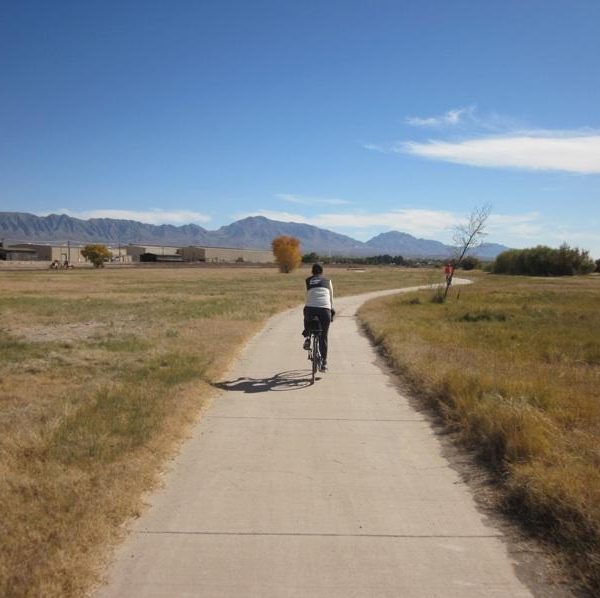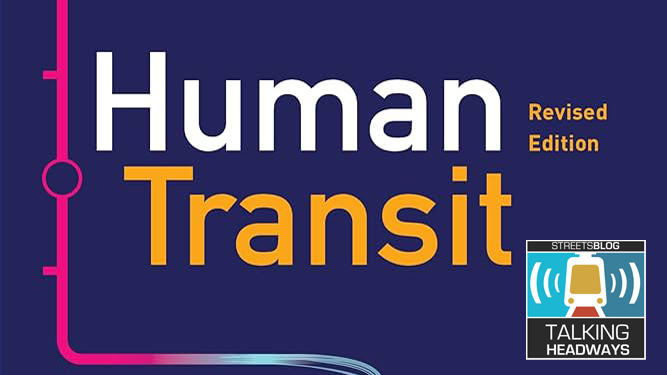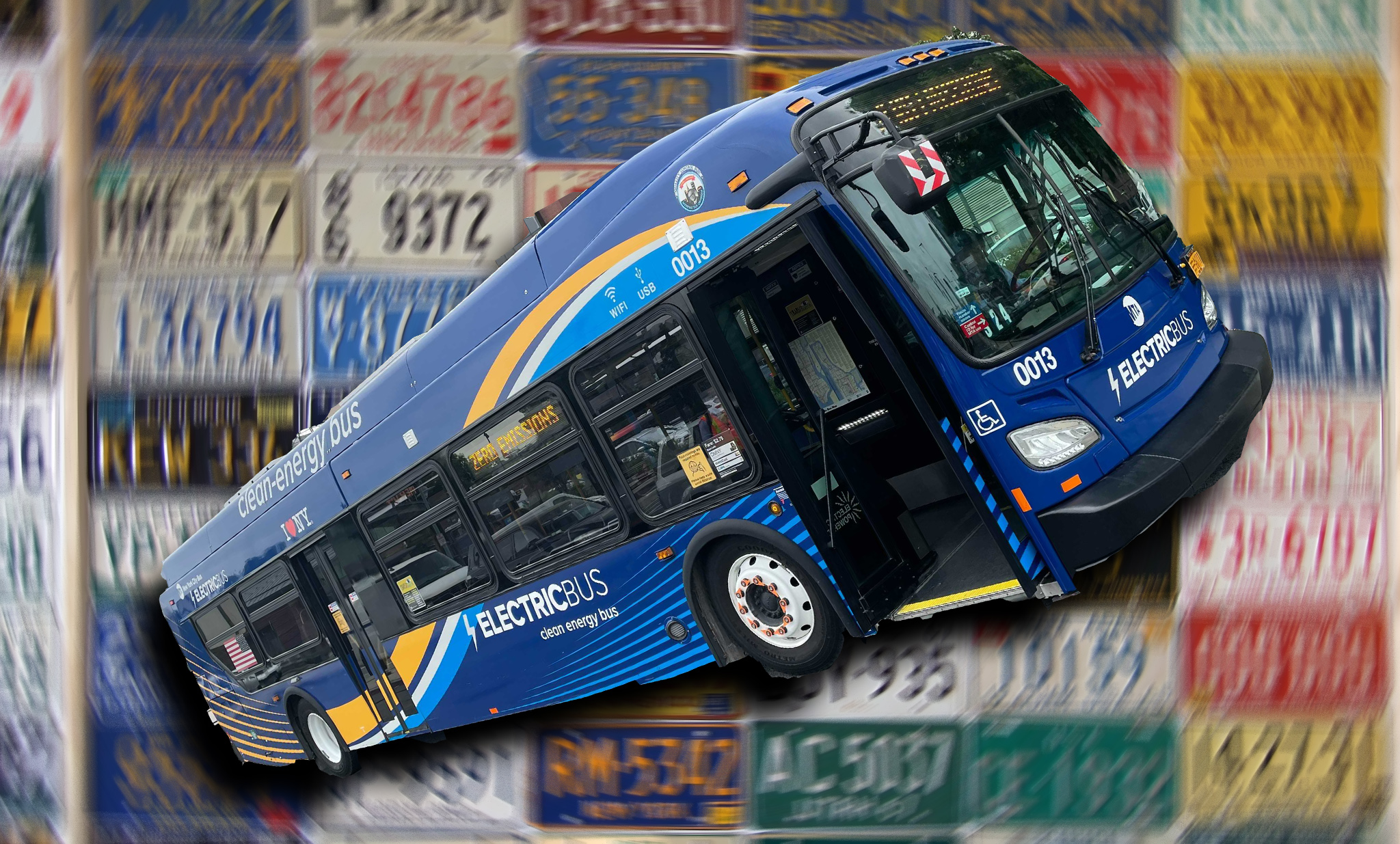Editor's Note: This op-ed was submitted in response to new developments related to a proposed amendment that would increase funding for the federal Recreational Trails Program. Read of coverage on that proposed amendment here.

Congress is presenting a belated amendment to increase funding for recreational trails as a win for bicycle and pedestrian advocates. But those of us who advocate for walking and biking won’t be fooled. The amendment — which would divert $1 billion from the Transportation Alternatives Program, the core federal funding program for safe, connected sidewalks, bike lanes, and paths — is a drastic loss for people who walk and bike in everyday life.
The Recreational Trails Program is a good program; we have nothing against it. In fact, we support increasing funding for it and have signed on in support of such legislation – with the important stipulation that more funding does not come out of Transportation Alternatives. The recreational trails program splits funding between projects that benefit recreational cyclists and projects specifically for fuel-powered activities, such as trails for ATVs and snowmobiles, with a set-aside for multi-use paths used by both groups. So any amendment to fund recreational trails out of Transportation Alternatives would pillage funding for people walking and bicycling in order to benefit snowmobilers, ATV riders, and other fuel-powered trail users.
Congress could write the amendment to increase funding for the recreational trails program without hurting Transportation Alternatives; Senators just refuse to do so.
The bicycle and pedestrian community won't fall for this.
Transportation Alternatives money enables local communities to build meaningful projects that help people get around on foot, on bike, and with mobility devices, such as sidewalks, bike lanes, and paths that help people get from home to school, work, and grocery stores. It helps slow traffic in order to improve safety. It also helps kids — among the most vulnerable road users — to get to school safely and learn to become safe, responsible road users. It benefits people of all ages, races, ethnicities, and abilities by promoting safe, convenient, independent mobility options. It benefits people who rely on walking and bicycling as a mode of transportation, not just as a leisure activity.
If Congress pulls funding from Transportation Alternatives in order to increase funding for Recreational Trails, it would reduce Transportation Alternatives by over $1 billion over the life of the bill. It would represent a loss of $1 billion in sidewalks, bike lanes, traffic calming, Safe Routes to School, and other facilities that connect people to the places they need and want to go walking, bicycling, and rolling in exchange for trails to support leisure activities.
We support physical activity and recreation, but it cannot come at the expense of a program aimed at improving connectivity and safety for ordinary people. Between 2009 and 2019, pedestrian fatalities rose by 50 percent and bicyclist fatalities by 30 percent. Almost 20 percent of roadway fatalities are of people walking and bicycling. Facilities for bicycling and walking have been chronically underfunded, and the Bipartisan Infrastructure Bill takes meaningful steps toward rectifying that. We cannot allow Congress to trick the bicycle and pedestrian community into supporting legislation that cannibalizes these crucial funds and shortens strides toward improved safety and connectivity.
Congress would force the bicycle and pedestrian community to fight among ourselves for scraps. We won't be fooled.
Marisa Jones is director of policy and partnerships at Safe Routes Partnership.





